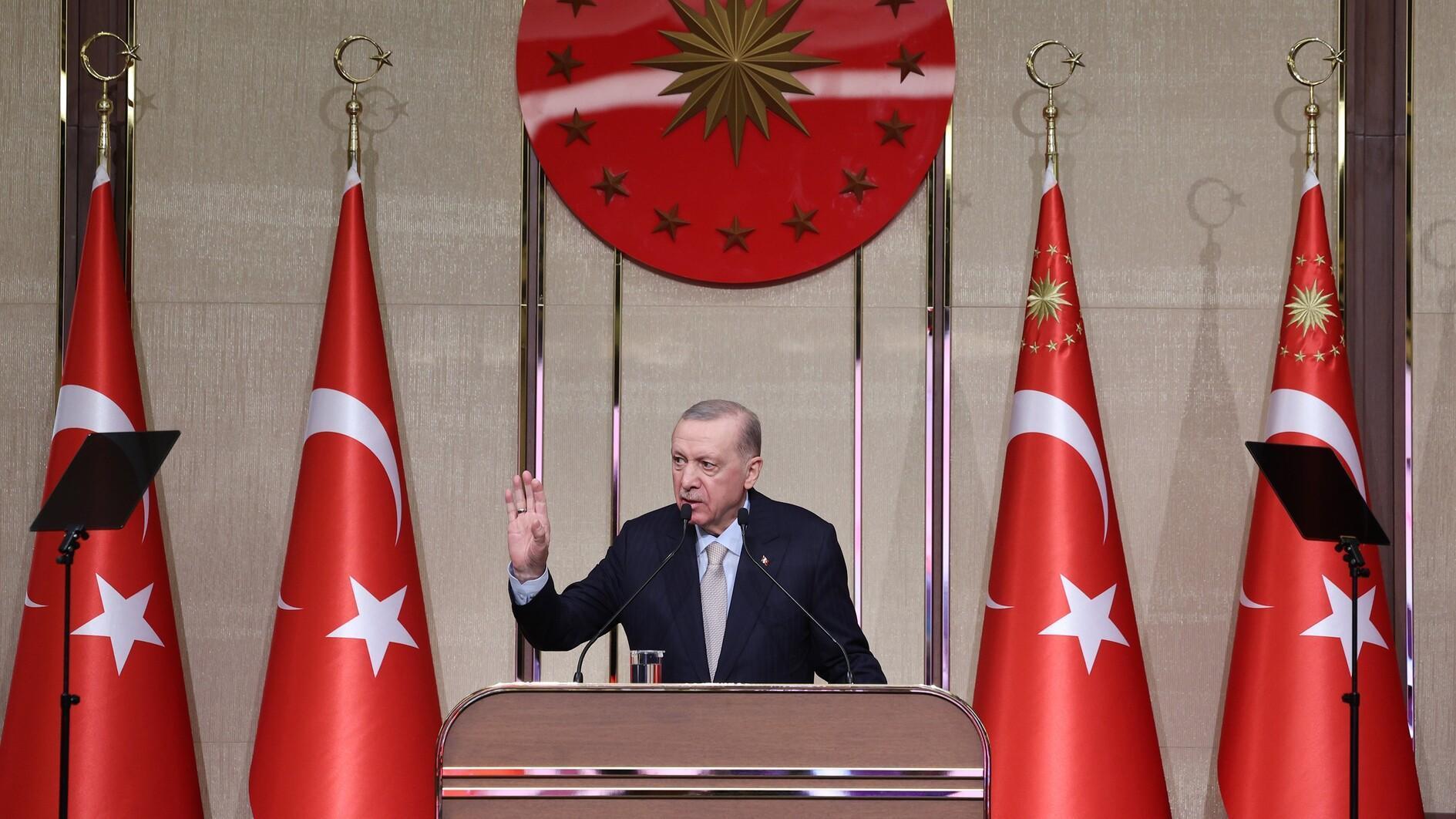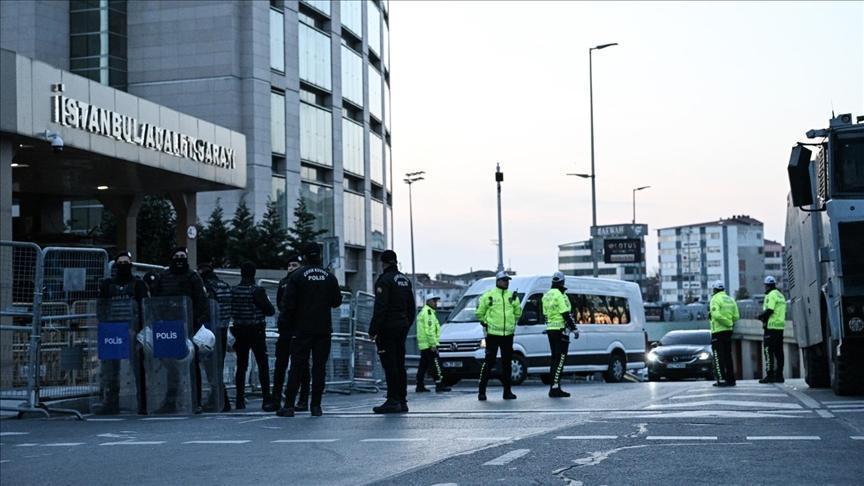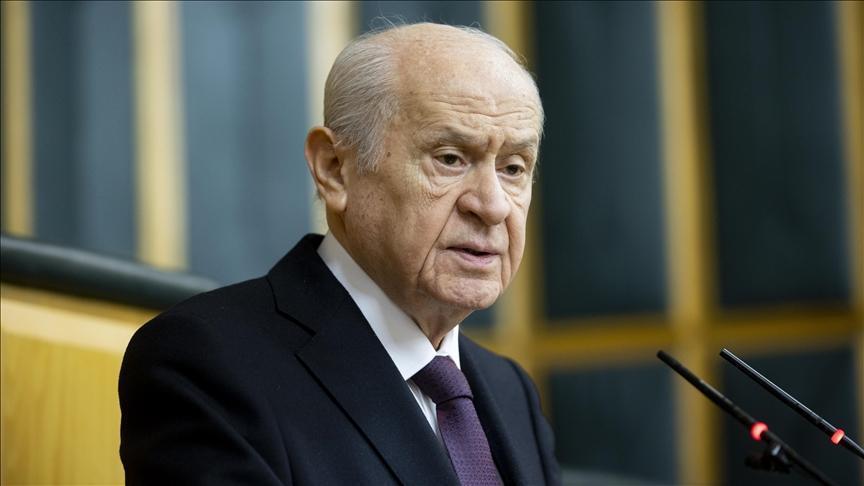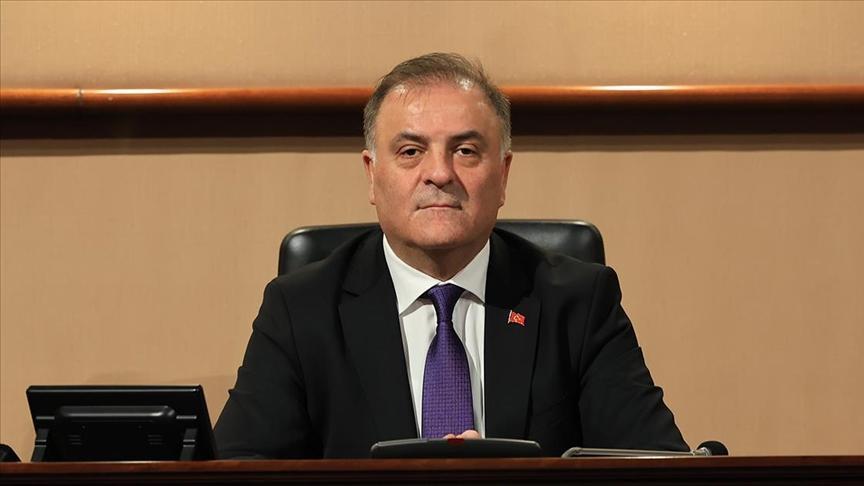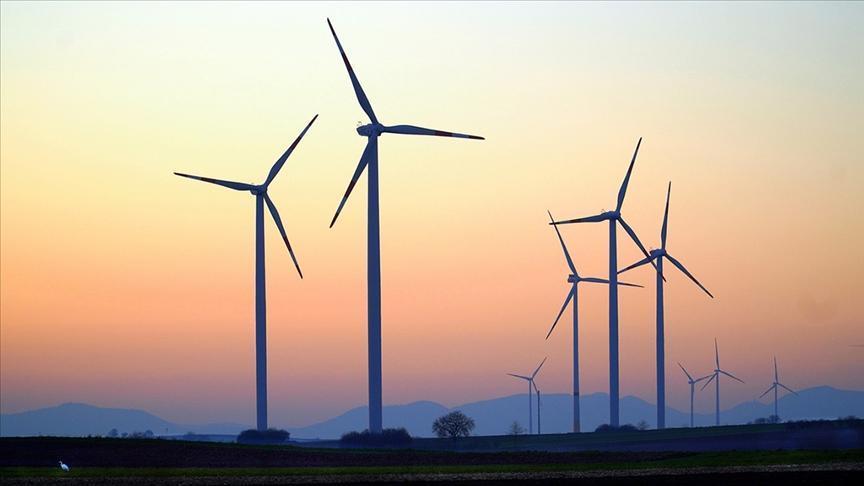Turkey vows response to Syria as toll increases
ANKARA - Hürriyet Daily News
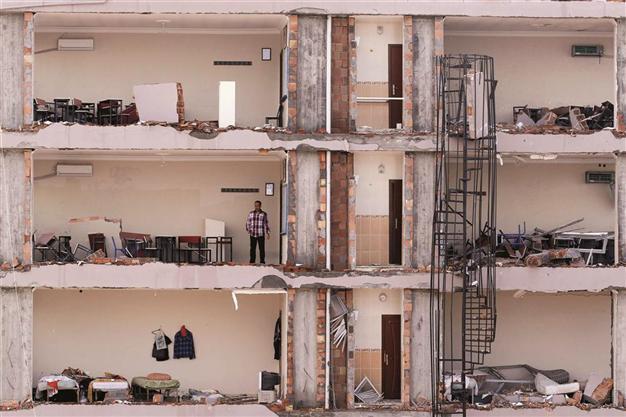
A man checks damage at a ruined apartment building at the site of a blast in Reyhanlı. Locals in the border district have been trying to recover from the May 11 attacks. REUTERS photo
Turkey will not hesitate to respond to twin car bombings it has blamed on Syria, yet it will give this response in an adequate and timely manner in order to avoid being dragged into the civil war in the neighboring country, Prime Minister Recep Tayyip Erdoğan has declared.“We won’t fall for the trap, but we will give the necessary response at the necessary time. We will not refrain from this. Everybody needs to know this,” Erdoğan told reporters on May 13 as the death toll rose to 51 following Saturday‘s twin blasts in the border town of Reyhanlı in the Hatay province.
Ankara says the attack was arranged by a group linked to embattled Syrian President Bashar al-Assad, while Damascus rejects the allegation.
“The issue is completely related to the regime in Syria, it has no relation whatsoever with the opponents,” Erdoğan insisted. “When the result fully comes out, all will be publicized. However, the issue is completely related with the regime. The regime is behind this issue. This is obvious. But the regime of course has its extensions in Turkey,” he said, noting that intense efforts were being exerted to shed light on these “extensions.”
Visiting Hatay was already on his agenda, Erdoğan said in response to a question. He said he would visit Hatay, the scene of the deadly bombings, after his return from his upcoming trip to the United States, which kicks off today.
When reminded of claims suggesting that the attackers’ original target was the Prime Ministry building and the ruling Justice and Development Party (AKP) headquarters in Ankara, Erdoğan implicitly confirmed.
Also in Ankara, President Abdullah Gül yesterday held a meeting with National Intelligence Organization (MİT) Undersecretary Hakan Fidan. It was not a regular meeting as is usually held on Thursdays. The meeting with Fidan was announced in the afternoon, not in the morning, and it appeared to be related to the deadly attack in Reyhanlı. While hailing the decision by a court in Reyhanlı to impose a state-wide media ban relating to the attacks, Erdoğan suggested that similar bans were being implemented all around the world.
Reaction to media ban
Nonetheless, main opposition Republican People’s Party (CHP) deputy İlhan Cihaner appealed to the Reyhanlı Criminal Court of Peace to abolish the ban, arguing that it violated the freedom of press. For his part, AKP Deputy Chair Hüseyin Çelik justified the ban, saying they had been trying to avoid gruesome images of the incidents from plaguing the media. “Therefore, this was necessary in order not to further deepen the agonies of the people, not to deepen the agonies of the families of those who passed away and got wounded, and I am sure that once all sides of the issue are revealed, these media bans will be lifted,” Çelik told NTV news channel, giving the example of 9/11 and claiming that a similar ban was enforced at the time in the US.
Syria says ready for joint inquiry on Turkey attacks
MOSCOW – Agence France-Presse
Syria is willing to carry out a joint investigation with Turkey into deadly attacks in the border town of Reyhanlı that Ankara has accused Damascus of masterminding, a Syrian minister said on Tuesday.
"If the government of (Prime Minister Recep Tayyip) Erdoğan calls for a joint, transparent investigation by the two countries, we have no objection, in order to find the truth," Information Minister Omran al-Zohbi said.
"The truth must be announced to the Syrian and Turkish people," official media quoted him as saying.
The twin car bombings that rocked the town of Reyhanlı in southern Turkey on Saturday killed 51 people and wounded dozens more.
Erdoğan told parliament on Tuesday that 13 people have been held by police in connection with the attacks, the deadliest to hit Turkey since the beginning of the uprising in neighbouring Syria in March 2011.
Turkey has blamed a radical Marxist group affiliated with President Bashar al-Assad's regime for the attack. Damascus has denied any involvement.
Ankara has sided with the rebels fighting to topple Assad's regime and has taken in around 400,000 refugees as well as army defectors and repeatedly called on the international community to act on the unfolding crisis.


